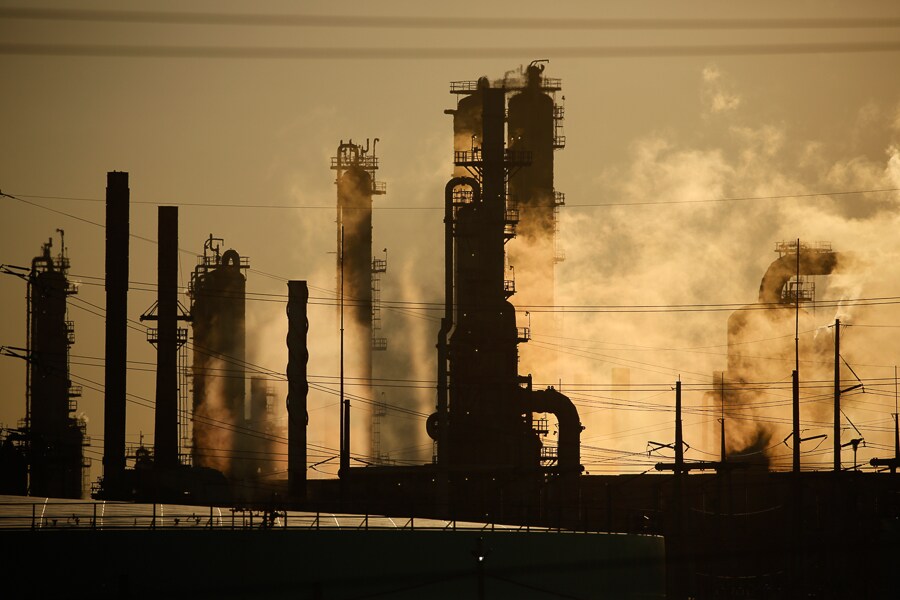
Shell, in a turning point, says its oil production has peaked
The announcement is a turning point for one of the world's leading oil firms, one dating back to the 19th century.
 Emissions rise from the Royal Dutch Shell Plc Norco Refinery in Norco, Louisiana, U.S.
Emissions rise from the Royal Dutch Shell Plc Norco Refinery in Norco, Louisiana, U.S.
Image: Luke Sharrett/Bloomberg via Getty Images
Royal Dutch Shell on Thursday made the boldest statement among its peers about the waning of the oil age, saying that its oil production had reached a high in 2019 and is now likely to gradually decline.
Shell’s “total oil production peaked in 2019” and will now drop 1% or 2% annually, the company said in a statement.
The announcement, part of the small print of a presentation about future clean-energy goals, is a turning point for one of the world’s leading oil firms, one dating back to the 19th century. And it underscores a talking point that the company’s chief executive, Ben van Beurden, has expressed for years: To stay in business, Shell must be seen as part of the solution, and not the cause, of climate change.
But as Europe’s largest oil and gas producer, Shell has faced skepticism about how willing or able it will be to shift from its roots.
©2019 New York Times News Service




